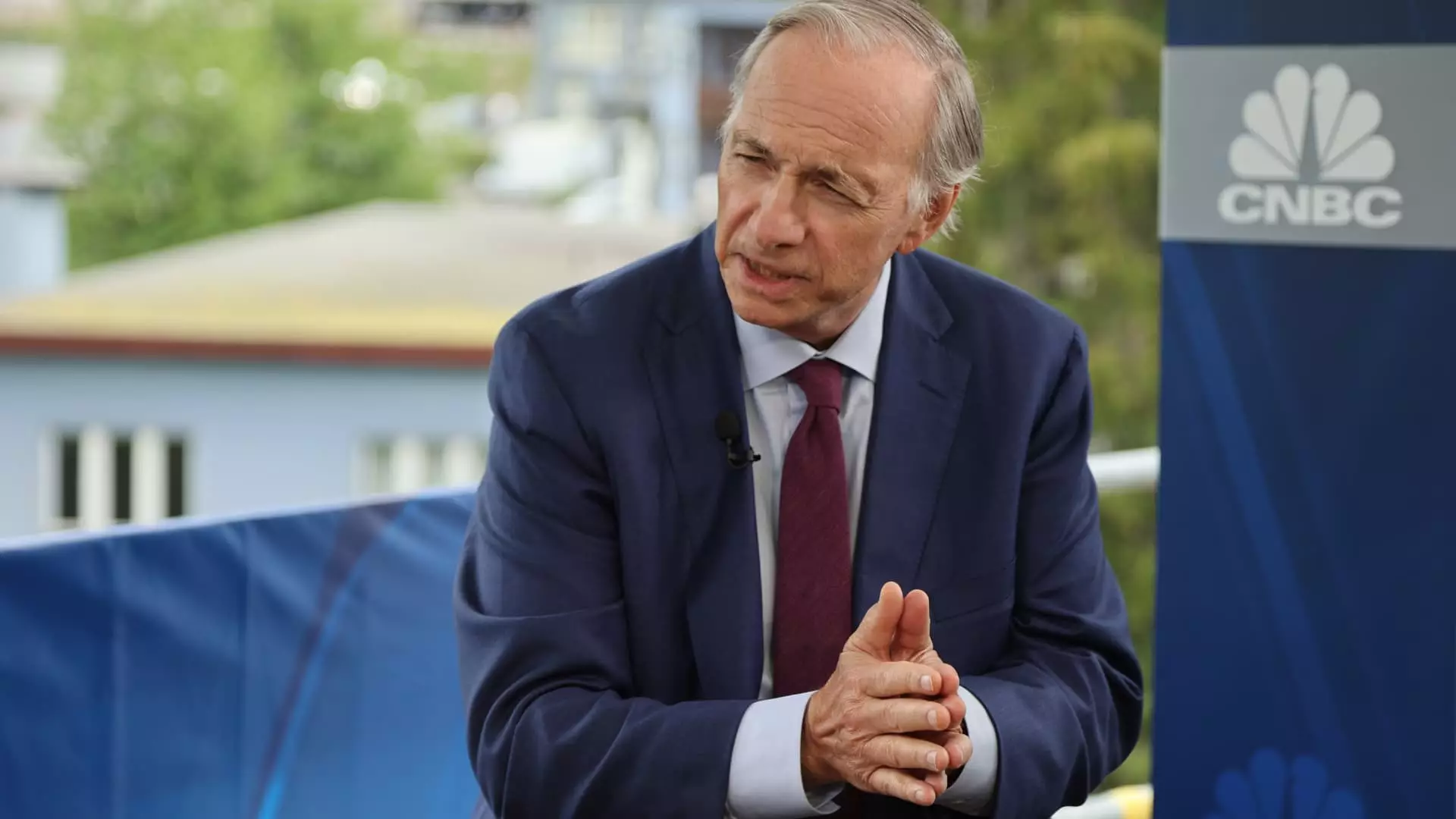Renowned investor Ray Dalio has recently articulated his profound concerns regarding the 2024 U.S. elections, emphasizing their unprecedented significance. He suggests that this electoral process might embody the most pivotal moment in American history, primarily due to the stark polarization that defines contemporary politics. With an increasing divide between Republicans and Democrats, Dalio insists that the upcoming elections will test both the nation’s democratic principles and its ability to maintain an orderly transition of power. His remarks underscore the peril surrounding elections when results might not be acknowledged or accepted by one of the two dominating parties.
Dalio highlights that the extremity of division within the political landscape has led to a prevailing “win-at-all-cost” mentality among both sides. This hyper-partisanship exacerbates challenges in reaching compromise, fostering a contentious atmosphere where effective governance becomes elusive. The stakes are particularly high; critical societal issues such as abortion rights, immigration, and climate change have become battlegrounds pitting neighbors against one another. Despite these divisive topics, a significant number of voters express pressing concerns about economic issues like inflation and the soaring cost of living, suggesting that the electorate is keenly aware of its practical needs.
In light of the mounting tensions, Dalio advocates for a non-partisan approach to leadership, calling for a “strong leader of the middle.” He underscores the importance of moderate voices uniting to manifest essential reforms that promote broad-based prosperity. He argues that neither extreme offers adequate solutions to the societal need for effective governance. By focusing on collaborative politics rather than conflict, the nation could potentially emerge from its cycle of discord and foster an environment conducive to meaningful progress.
While Dalio acknowledges the impressive aspects of American society, including its universities and culture of innovation, he is quick to point out that these successes do not extend to the entire population. The benefits of education and opportunity are largely concentrated among a select few, leaving significant portions of the society disenfranchised. He advocates for a broader distribution of prosperity, an approach to governance that would pave the way for stability and opportunity for all citizens. Using Singapore as a benchmark, he highlights how that nation has managed to create a stable society marked by educational excellence and accessible public housing.
As the U.S. approaches this critical juncture in its democratic journey, Dalio’s insights serve as a reminder of the urgency for unity and collaboration. The 2024 elections present an opportunity not only to evaluate candidates but also to reflect on the overarching values that bind society together. To navigate this tumultuous landscape effectively, a retreat from divisiveness toward moderation may be the beacon of hope needed to secure a better future for all Americans. If the electorate demands leaders who prioritize compromise and collective well-being, it could set the stage for transformative change in a nation yearning for a harmonious path forward.

